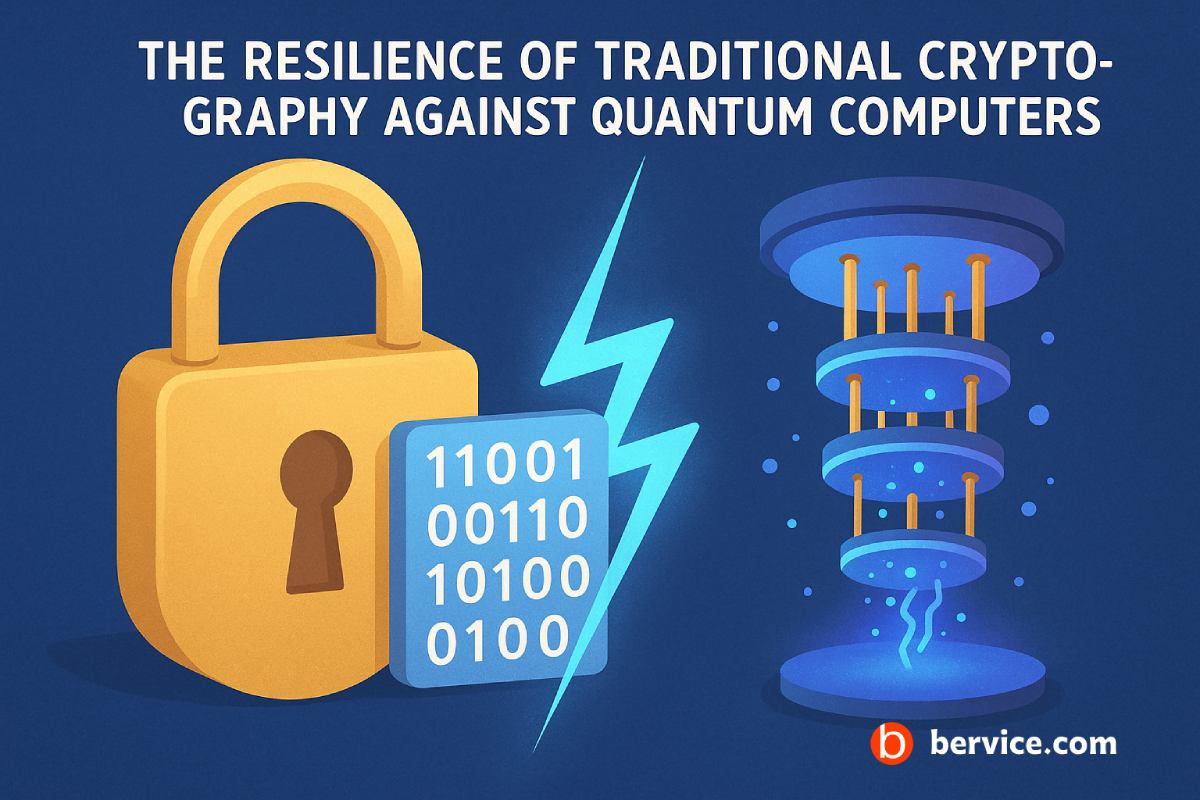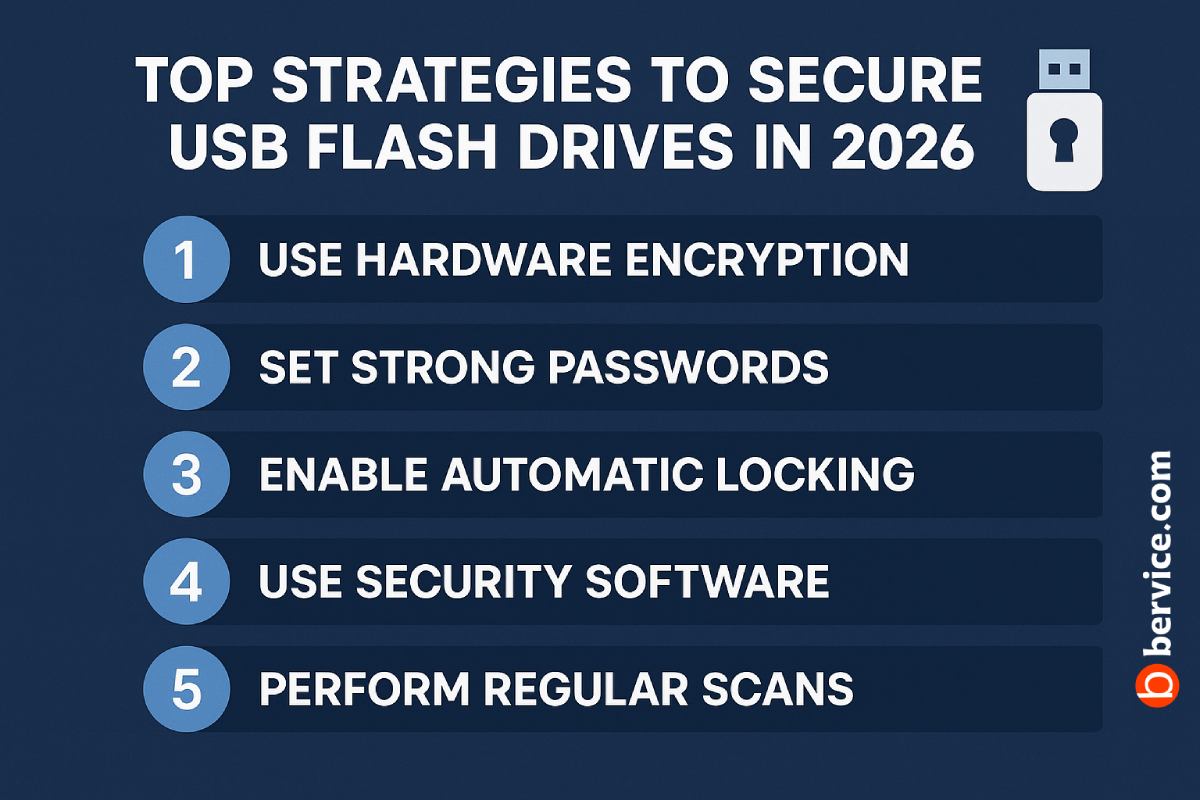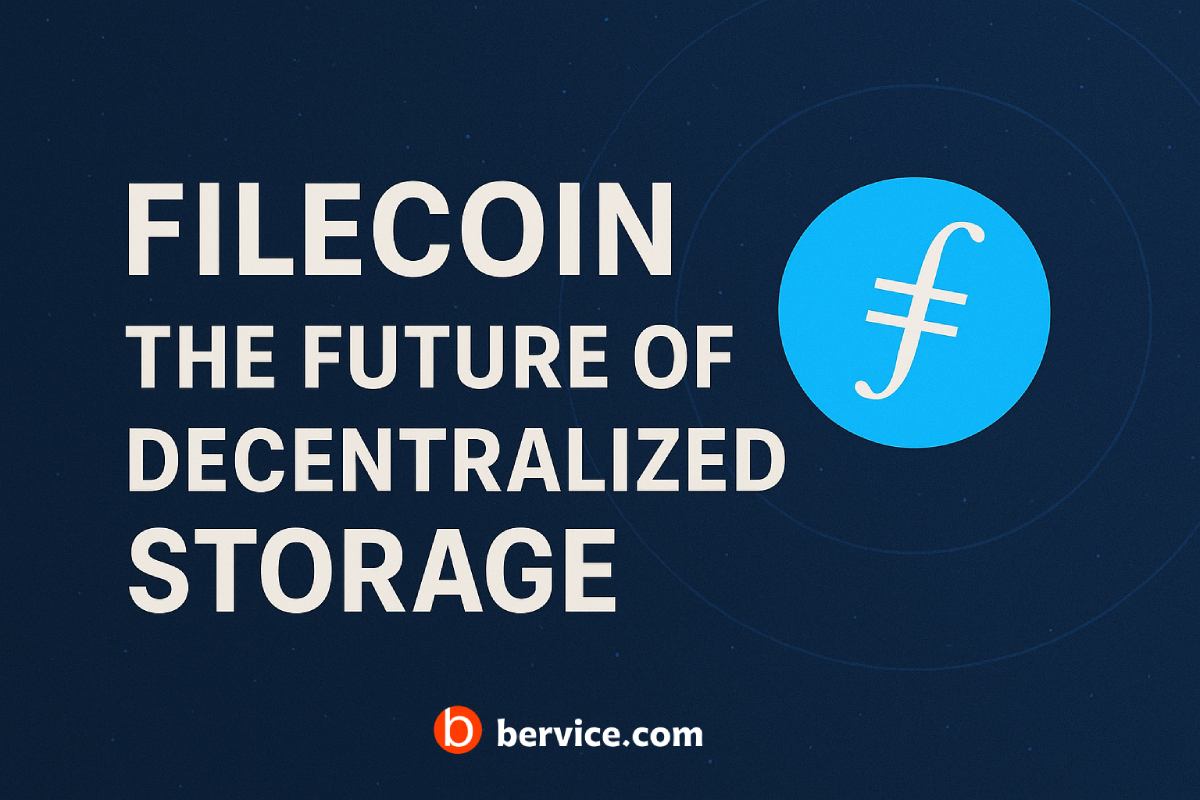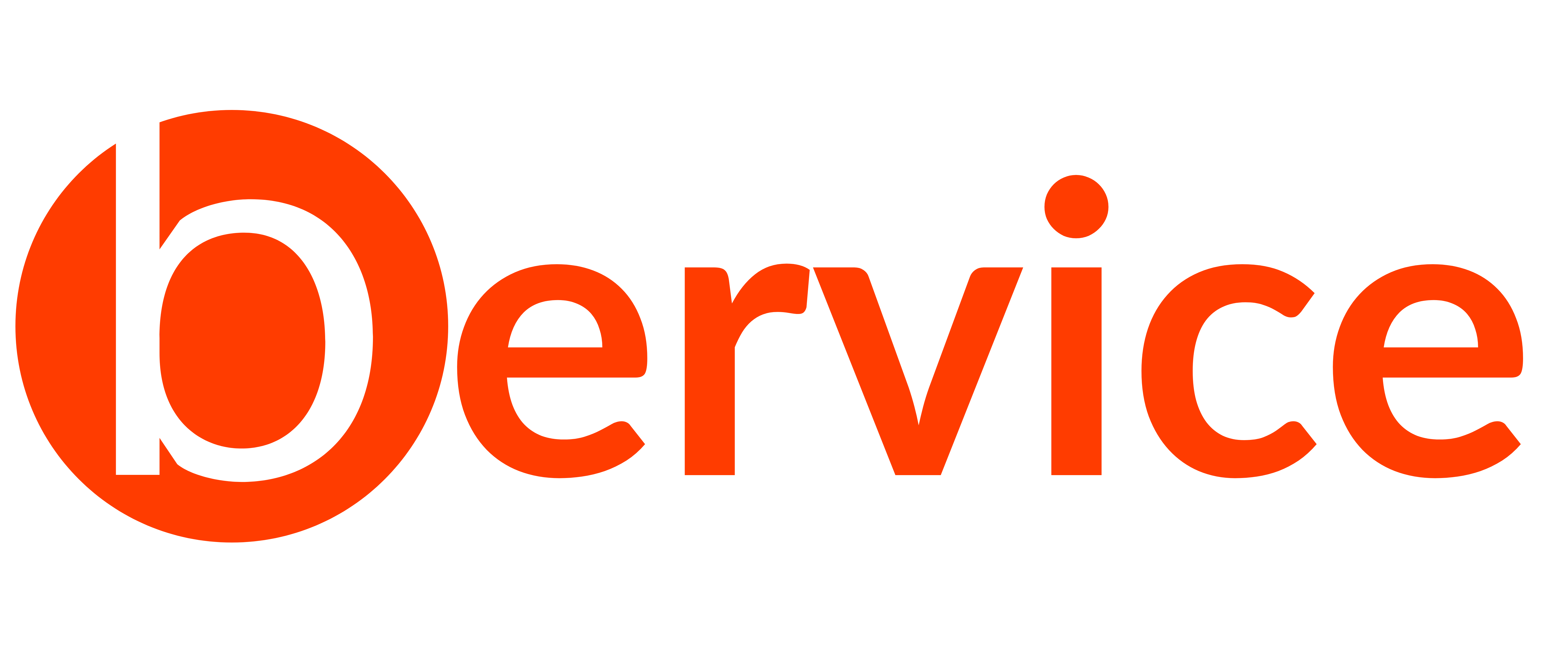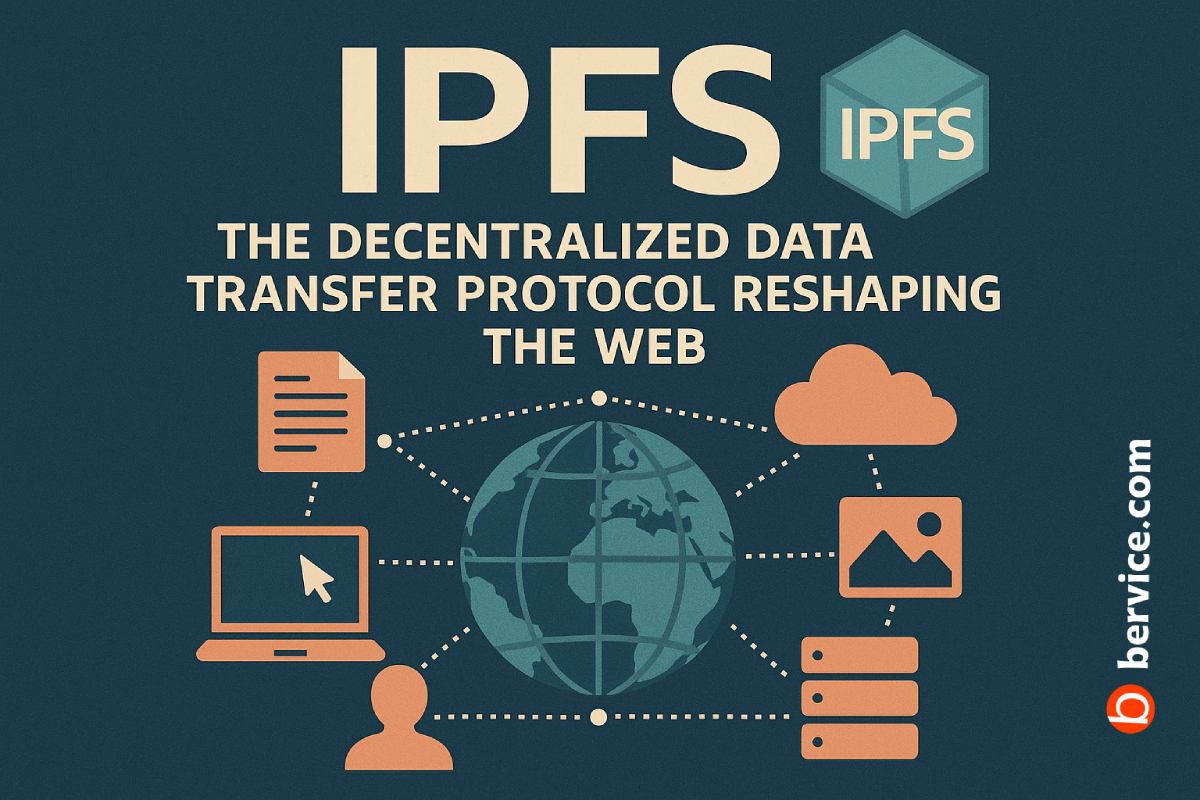
In the digital age, where vast amounts of sensitive information are stored and transferred online, ensuring the security and privacy of data is paramount. Traditional centralized systems have their vulnerabilities, including susceptibility to hacking, data breaches, and single points of failure. To address these issues, blockchain technology and decentralized networks have emerged as promising solutions to enhance data security. But how exactly do these technologies improve data protection?
Understanding Blockchain and Decentralization
At its core, blockchain is a decentralized ledger technology that records data across a distributed network of computers (often called nodes). Unlike traditional centralized databases, where data is controlled by a single entity, blockchain ensures that the data is duplicated across numerous nodes, making it immutable and resistant to tampering. Every transaction or data entry on the blockchain is recorded in a block, and once it is added to the chain, it cannot be altered or deleted without consensus from the network.
Decentralization refers to the distribution of control and authority across multiple independent entities rather than relying on a single central authority. In a decentralized network, there is no single point of failure, which reduces the risk of data manipulation, hacking, or service disruptions.
How Blockchain Enhances Data Security
- Immutability: Once data is recorded on a blockchain, it becomes nearly impossible to alter or delete. This immutability feature is essential for maintaining the integrity of data. Even if a hacker gains access to one node, they cannot change the data stored on the blockchain without altering the entire chain, which would require overwhelming computing power. This makes blockchain an excellent tool for securing sensitive information, such as financial transactions, personal identities, and healthcare records.
- Decentralization: In a decentralized network, there is no central authority controlling the data. Instead, control is distributed across multiple nodes. This eliminates the single point of failure that can be exploited by malicious actors in traditional centralized systems. Even if some nodes are compromised, the data remains secure across the rest of the network. The decentralized nature of blockchain also makes it less vulnerable to censorship or manipulation by governments or corporations.
- Cryptographic Security: Blockchain uses advanced cryptographic techniques to secure data. Each transaction or data entry is signed with a private key and verified with a public key. This cryptographic system ensures that only authorized parties can access or modify the data. Moreover, the use of public-key cryptography makes it extremely difficult for attackers to impersonate legitimate users, ensuring secure communication and transactions.
- Transparency and Auditability: Blockchain’s public ledger allows for full transparency in transactions. This means that all participants in the network can view the history of data entries, providing a clear audit trail. In addition, blockchain networks often allow participants to verify and validate transactions independently, ensuring that the data is accurate and trustworthy.
- Smart Contracts: Blockchain’s smart contract functionality adds an additional layer of security by automating agreements between parties. Smart contracts are self-executing contracts with the terms directly written into code. These contracts automatically execute when predefined conditions are met, reducing the potential for human error or manipulation. This ensures that agreements are honored and reduces the risk of fraud.
Use Cases of Blockchain in Data Security
- Healthcare: Blockchain can help secure medical records by ensuring that only authorized individuals have access to sensitive health data. With blockchain’s immutability, medical histories cannot be altered without detection, providing patients and healthcare providers with a transparent and secure system.
- Financial Transactions: Blockchain is widely used in cryptocurrencies like Bitcoin and Ethereum to secure financial transactions. The transparency and cryptographic security of blockchain ensure that transactions are tamper-proof, protecting both individuals and businesses from fraud.
- Supply Chain Management: Blockchain can improve the security and traceability of supply chains by ensuring that each step in the production and delivery process is recorded on a transparent and immutable ledger. This prevents counterfeit goods from entering the market and assures consumers that they are receiving authentic products.
- Voting Systems: Blockchain technology can also be applied to secure digital voting systems. By utilizing the decentralization and immutability features of blockchain, election results can be securely recorded, reducing the risk of election fraud and ensuring transparency.
Conclusion
Blockchain and decentralized technologies offer a revolutionary approach to enhancing data security. Their combination of immutability, decentralization, cryptographic protection, and transparency creates an environment where data can be securely stored, transmitted, and verified without the vulnerabilities of traditional centralized systems. As more industries adopt blockchain technology, the potential for securing sensitive information in a digital world continues to grow, offering a more secure and trustworthy future for data handling.
Connect with us : https://linktr.ee/bervice

